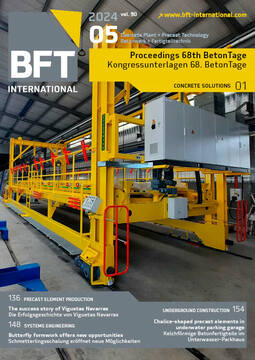And the heirs argue forever – Conflict avoidance in family companies not only in the case of asset succession
Pooling private assets and/or business assets in a family company is an efficient and flexible instrument for preserving the family assets for the family on a permanent basis. Judiciousdrafting of the Articles of Association when establishing such a family company protects against the unwanted destruction of family assets worth preserving by heirs, in the event of a divorce among the partners or shareholders, or by creditors. Ideally, this also saves both inheritance tax and income tax.
This presentation, however, is primarily concerned with the contractual arrangements for avoiding and overcoming disputes between partners or shareholders, which occur even in, literally speaking, the best families.
Ongoing disputes between partners or shareholders can pose a threat to smooth business operations, to the continued existence of the company, and thus also to the preservation of family assets. Conflicts can usually only be resolved at great expense without appropriate provisions laid down in the Articles of Association, and the outcome is often uncertain. In order to obviate any escalation cascades, various precautions for the various conceivable stages of a partner or shareholder dispute should be taken when drafting the Articles of Association.
As a rule, it is advisable to implement voting rights pools and lineage clauses to ensure that the degree of influence exerted on the management remains evenly distributed among the family lineages having stakes in the company, or to include mediation or arbitration clauses in order to ideally allow any differences of opinion or disputes
among the partners or shareholders to be resolved out of court.
However, it is not uncommon that in particular the parity of influence in two-person companies or family lineages with equal rights leads to a standstill because management decisions can no longer be made as the parties to the dispute block each other and therefore paralyze the company.
Including so-called exclusion clauses in the by-laws of a family company, which authorize a partner or shareholder, or a group of partners or shareholders, to exclude unpopular
partners or shareholders and resolve any conflicts single-
handedly, frequently raises concerns in this context, and such provisions are often viewed critically by case law. So-called “shoot out” clauses are becoming more and more popular as a design element that has its origins
in international contract practice. In this arrangement, the partners or shareholders agree that each of them, or each lineage, can offer to acquire the other’s shares by naming a specific purchase price. This avoids complex and lengthy evaluation procedures.






